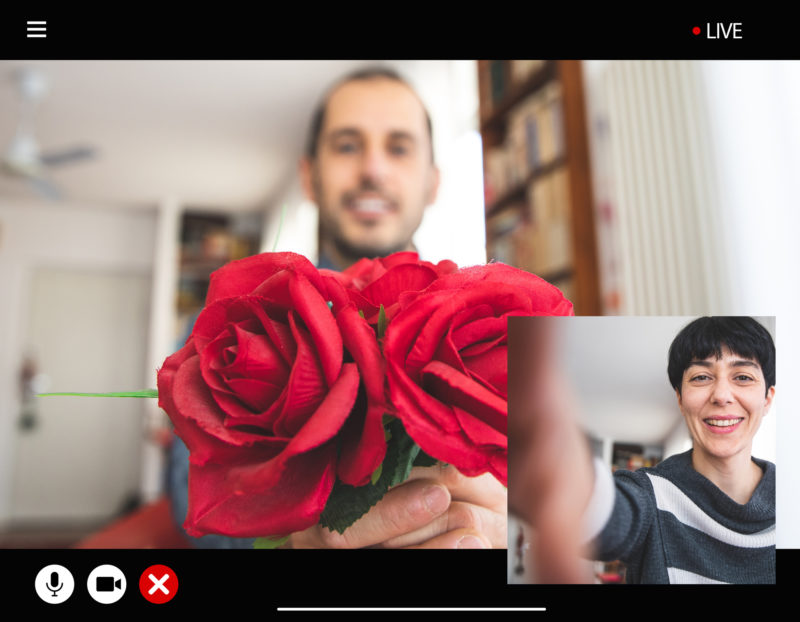Keeping Your Love Tank Full During the Pandemic

Keeping Your Love Tank Full During the Pandemic
You may have heard this phrase: “Love is not a guarantee.” The idea is that although you love someone, things may not always work out the way you want. This concept goes hand in hand with the Love Tank Theory, which suggests that our ability to love can run on empty if our “love tank” is not being filled. What fills up a love tank? The theory says this happens with frequent emotional connections. Not surprisingly, the coronavirus pandemic has triggered a wave of relationship changes as couples face unexpected hardships and challenges. So how can we keep our love tank full during the pandemic?
The Love Tank Theory
This theory, written about in Dr. Gary Chapman’s book, The Five Love Languages, talks of every person having a love tank. This tank’s fullness is controlled by emotional connections and disconnections and is tampered with throughout day-to-day life.
An Empty Tank
Depending on who each person is in and out of the relationship, a tank is filled and emptied in a variety of ways. Someone’s tank might empty if they are not receiving enough physical affection, acts of service, quality time, words of affirmation, or other love languages native to their heart. What might empty one person’s love tank might not empty another’s. Our tank is drained when our emotional needs in the relationship are not being met. Once the tank is empty for too long, permanent damage can be caused to the relationship.
The Impact of the Pandemic on Our Tank
Increased Stress/Anxiety/Worry
For many, the pandemic has brought an influx of stress, anxiety, and worry. There is still quite a bit that is unknown about the pandemic like when it will end or when regular life will return to normal. This has an increasing number of people experiencing fear for what the future holds. This can impact their mental health on a deep level. When our partner does not understand or respond in the way we need, it might drain our tank.
Limit on Physical Interactions
For partners who do not live in the same household or are long-distance, COVID-19 has had a huge impact on physical interactions. Travel restrictions have made it difficult for partners who do not live together to remain closely connected in everyday life. This could also apply to couples where one works in a high-risk environment. For individuals who depend on physical interaction to fill their tank, this could be increasingly draining. This increased remoteness during COVID-19 may also make it harder for those who prefer to receive love as quality time, since the opportunities and the types of quality time that can be spent together are likely diminished quite significantly.
How to Refill Our Love Tank:
Intentional Connection
Being intentional with your time together is key to filling your love tank. Each person in the relationship needs to be on the same page about dedicating time to one another. Dedicating time and space to spend interacting with a mutual understanding of its importance for your relationship can be a great way to fill one another’s tank.
Communication
You have heard the phrase “communication is key” before. Open, honest, and intentional communication is essential to keeping our love tanks full. This involves more than just talking about each other’s day. Each person in the relationship should speak honestly about what they are feeling, how the other person makes them feel, and what they need in the relationship. This vulnerability strengthens the bonds of the relationship, giving space for each partner to be seen, known, and loved, and creates a healthy avenue for the expression of hopes and expectations.
Relationships take work, especially in circumstances that demand we get creative. COVID-19 has certainly created such demanding circumstances for our relationships. Moving toward one another is an important part of keeping your love tanks full and your relationship satisfying.
© Copyright 2007 - 2025 GoodTherapy.org. All rights reserved.If you and your partner are struggling during the pandemic, you might consider connecting with a therapist in your area. To start your search, click here.
The preceding article was solely written by the author named above. Any views and opinions expressed are not necessarily shared by GoodTherapy.org.